
Angry parents have accused North Yorkshire Council chiefs of “forgetting about children” in their bid to make cost savings from the home-to-school transport budget.
Further criticism of the authority also came this week from a Yorkshire Dales headteacher who said the council had shown an “absence of strategic planning” over its new policy, while branding methods used to implement the changes as “stupid”.
The council is under fire after introducing new rules which mean children will only receive free school transport to their nearest school.
For some children living in the Yorkshire Dales, this means they will get free transport to secondary schools in Cumbria or County Durham, but not to those in Leyburn and Richmond which pupils in these communities have traditionally attended.
Council chiefs say the change will lead to savings of £4.8m, but parents and other critics have questioned where the cost savings will come from.
They also say the policy will mean children travelling on remote, high routes which are unsafe in the winter due to snow and ice,
Several parents spoke out about the policy at the council’s Richmond area committee meeting on Monday.
Last week, Swaledale parent Charlotte Fowler was among a group of parents who handed in a petition to the authority containing more than 2,000 signatures of those against the policy change. She and other parents have questioned why the council was calculating children’s nearest schools using footpaths rather than roads. Accusing the council of failing to listen to parents, she told the meeting: “We live in North Yorkshire and you’ve forgotten our children. We invite you to please come and see these journeys for yourself and then you’ll see why we are in disbelief that we are being told that our children should travel on these routes to the nearest school if we would like to have transport provided.”
Another resident who spoke at the meeting, Rob McDonald, told councillors: “You voted for substantial savings but you voted for a fantasy”, adding: “This is a net zero policy councillors — net zero savings.”
Gordon Stainsby, headteacher of Reeth and Gunnerside Schools, said none of the pupils at his schools were now eligible for free transport to Richmond School, which children traditionally attended in the past when they reached secondary school age. He said: “Parents have questioned why the digital tool uses the nearest available walk route for journeys that will be completed by bus on roads. The digital tool uses footpaths and even crosses fords and military training facilities. When was the last time you planned a journey by car using footpaths?
“Why has the council decided to do so? In a region where there are very few roads and with many of them unsuitable for a school bus in winter, relying on the footpath network is particularly unhelpful, even stupid.”
He added: “The digital tool has failed to provide clarity for parents and there seems to be a complete absence of strategic planning.”
A response to the criticism was read out at the meeting by the council’s assistant director for education and skills, Amanda Newbold.
She said: “The council understands that the new home-to-school travel policy has resulted in uncertainty and concerns for residents in some parts of the county including Swaledale.
“The policy aligns with the Department for Education’s statutory guidance for home-to-school travel, including, in respect of the main eligibility criteria for home-to-school travel which is that transport will be provided to the nearest suitable school with available places.
“The council is expecting to see a savings profile over the course of the policy implementation of up to £4.2million.”
The meeting heard that the petition presented by parents would be discussed by the area committee next year, potentially in January, while the home-to-school policy would be reviewed by the authority in 2026.


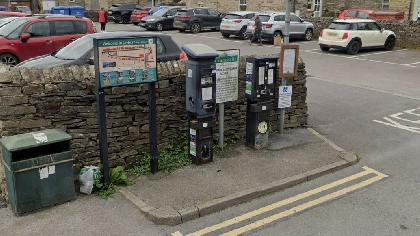 Council chiefs agree record £2.5m investment in car parks
Council chiefs agree record £2.5m investment in car parks
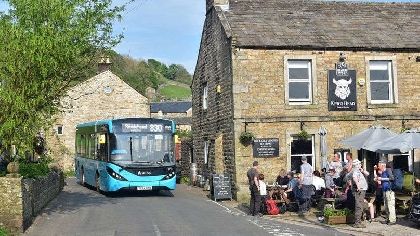 Summer bus services in the Dales extended
Summer bus services in the Dales extended
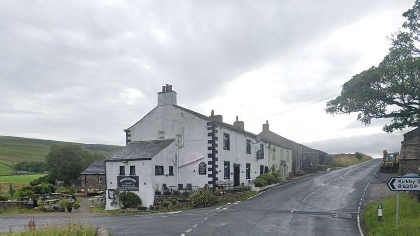 Dales pub landlady loses enforcement notice appeal
Dales pub landlady loses enforcement notice appeal
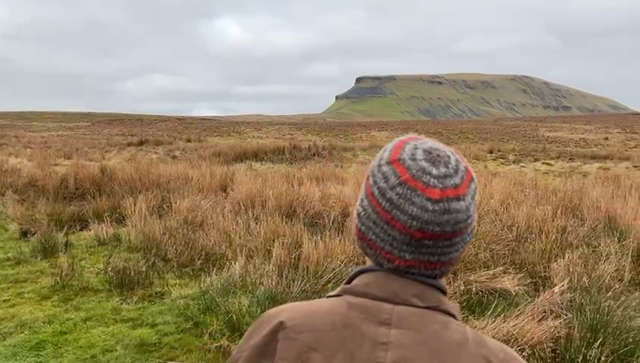 Ex-National Park head and son pay tribute to Pennine Way in song
Ex-National Park head and son pay tribute to Pennine Way in song
 A PRESSING engagement at Gallery on the Green
A PRESSING engagement at Gallery on the Green
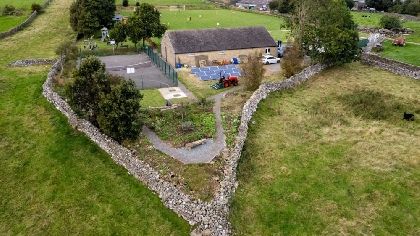 Dales pavilion featured in TV advert becomes thriving hub
Dales pavilion featured in TV advert becomes thriving hub
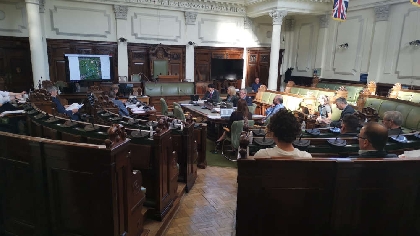 Planners refuse Richmond housing development
Planners refuse Richmond housing development
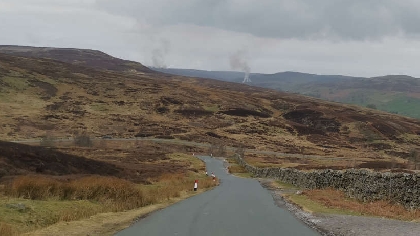 Wider ban on heather burning ‘risks catastrophic wildfires’
Wider ban on heather burning ‘risks catastrophic wildfires’
Comments
Add a comment